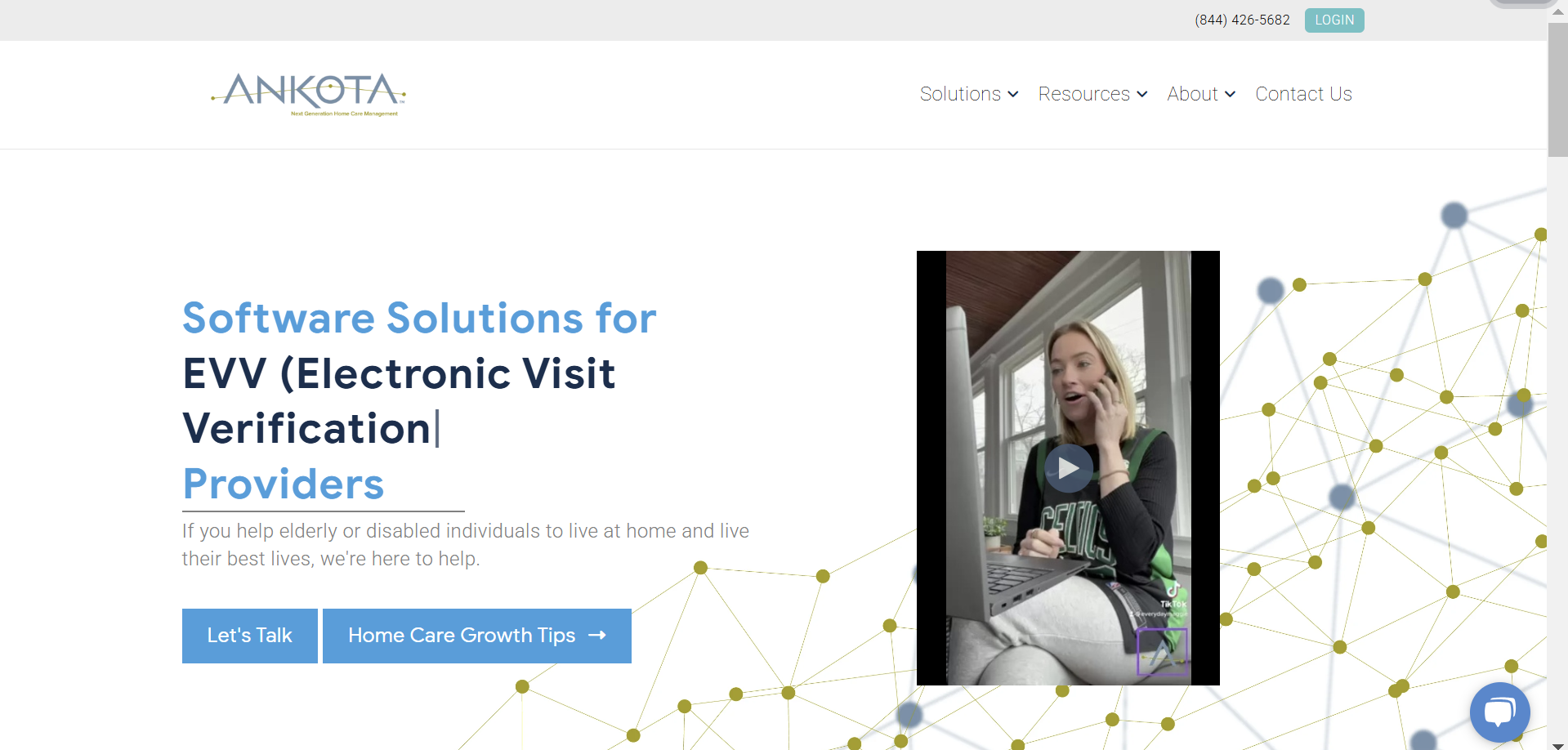In caring for the elderly, knowing how to work with Alzheimer’s and Dementia patients is essential! We've blogged about this in the past based on a very special meeting with the "The Alzheimer's Whisperer" Dr. Verna Carson Benner (see providing better Alzheimer’s care).
Today's post was inspired by a new article in the Huffington Post that discusses a few tips that can really assist in the home care of Dementia patients.

Making a Connection with Someone with Dementia
In many cases, a person with dementia simply needs something to connect to their past memories. Try some of the following to engage with them:
- Old photo albums – pictures of people and locations they recognize
- Music – songs that are special to them or that they will remember and associate
- Smells – for example, if your patient used to garden, introduce roses to the environment
Trying to force someone with dementia into a situation that they're not comfortable with can lead to a bad outcome. Instead, try to engage them and give them freedom of choice. Recognize that obstinacy is a symptom of dementia. Rather than argue, wait five minutes to try again and use one of the tips above, like singing a song with them. After the pause, they are likely to not remember being opposed to the event.
Communicating with Family Members:
Remember that the family doesn’t always understand how dementia affects their loved one. Some situations may arise in which you need to respond delicately and non-defensively..
- Keep notes on the care that you provide. If a family member or loved one says something like "My mom didn't get her bath today" or "My dad said that the caregiver didn't give him any breakfast", give them the details of the care provided, and gently remind them that mom or dad may not always remember their care.
- If the loved one is upset that their family member or friend doesn’t remember them or respond to them, suggest that they employ the ‘five minute rule’ and tell them to try again and to use one of the memory triggers listed above.
Maintaining Dignity
It's important to help someone with dementia avoid feeling useless. Keep a routine that includes tasks that they can achieve. Having them confidently perform a task like folding towels can improve their self-esteem. For more about providing dementia care and to find more best practices for your agency, see the full article tips for Dementia care, online at Huffington Post.
Ankota provides software to improve the delivery of care outside the hospital. Today Ankota services home health, private duty care, DME Delivery, RT, Physical Therapy and Home Infusion organizations, and is interested in helping to efficiently manage other forms of care. To learn more, please visit www.ankota.com or contact Ankota
.png)
.png)



.png)
.png)


